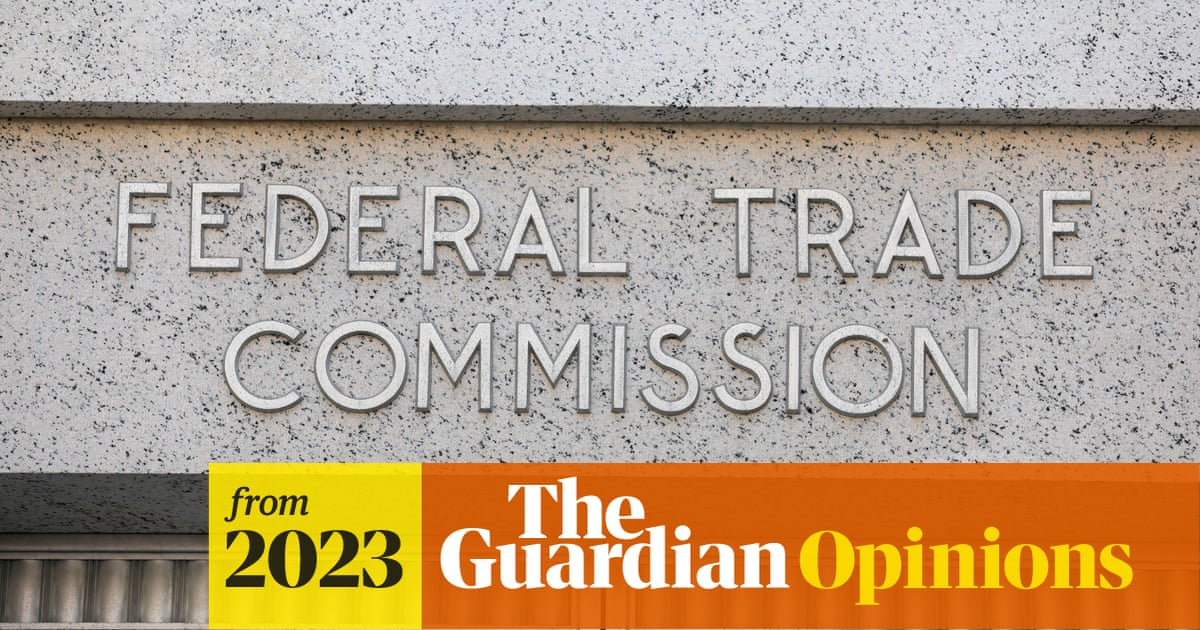The Today Show just had a good segment about job recruitment and the "paper ceiling".
Many corporations of switch from recruiters sorting through applicants to filter down the potential applicants to computer algorithms. The primary motivation for corporations to make this move to automation is cost savings. They can reduce labor costs of recruiting which of course is good for profits and shareholders.
However algorithms create something called the "paper ceiling". Algorithms are not looking to see if someone has the skills to do the job, but rather if they meet the requirements. And these requirements often include degrees. And if a job applicant doesn't meet a requirement they are filtered out and never given a second look or review by human eyes to check if the job applicant contains the required skills or work history. The process is very much dehumanized and rigid.
Companies have loads of job postings available, and keep saying that they can't find the workers. And this "paper ceiling" is the number one reason why. Companies get tons of applicants who have the skills to do the job, but are never considered for an interview because they don't have a college degree.
Traditionally, a college degree has been considered a requirement for jobs. But in many cases this is only an arbitrary requirement, the degree itself has no impact on whether or not someone is able to preform the job. Especially with tech jobs. As baby boomers retire and fewer people are able to afford a college degree companies should reconsider degrees as a requirement. But so far they haven't. They continue to insist on the requirements. I have seen that at work. We write the job description, don't include a degree in the requirement, but the official job posting HR publishes includes the Bachelors degree requirement. This irks one of my co-workers, who manages the QA team. He doesn't have have a college degree, the job does not require any type of degree whatsoever to have the required skills. Yet time after time they keep putting the degree as a requirement, and this means that the people we are hiring would be more "qualified" than the manager. The pay also doesn't reflect what one would expect with a bachelors degree and often leads to turnover.
The story also featured a company who's gone back to using humans to filter job applicants, And most people on their team today do not pass the algorithm filtering when their resume's are run through it. Yet they have all the skills required, and are hard workers. Some of the best, hardworking peoples don't have college degrees. Some of the most successfully and wealthiest people in the world also do not have a college degree.
So why is this a requirement? And why does the job market have such a hard line filtering against people who don't have a degree?

/cloudfront-us-east-2.images.arcpublishing.com/reuters/GE3G4CDGI5J55IT2P5YWZ5UBAU.jpg)




